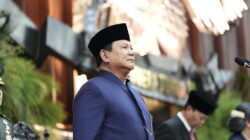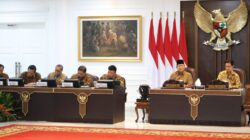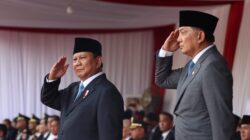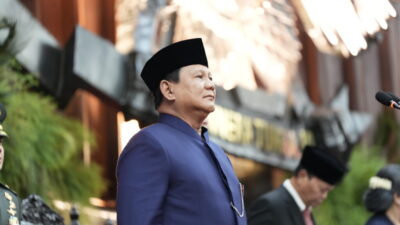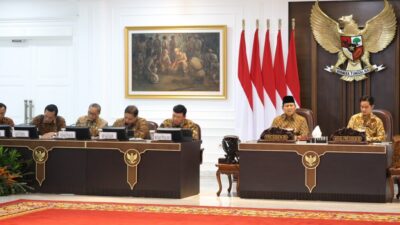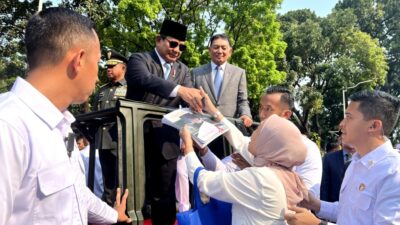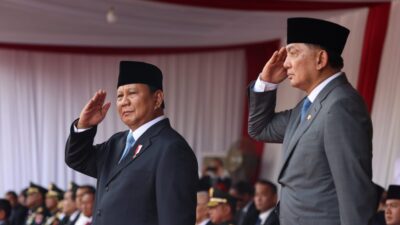Jakarta — President Joko Widodo’s leadership over the past decade has been recognized as successful according to the findings of the Social Progress Index (SPI), an international standard for assessing social well-being. The report was released on Monday (September 30).
The SPI is developed by the Social Progress Imperative, a nonprofit organization committed to enhancing human welfare by measuring a nation’s social performance comprehensively.
Denny JA stated, “This organization is reputable and has partnerships with organizations like Deloitte and the World Economic Forum.”
The SPI evaluates social progress through different indicators such as basic human necessities, well-being, and opportunities. Launched in 2014, it covers 163 countries and provides an essential non-economic viewpoint on a nation’s progress.
Indonesia received a score of 61.65 on the SPI in 2014, ranking 92nd globally. By 2023, the score had improved to 67.22, moving Indonesia to the 80th position.
Denny JA commented, “This progress reflects the improved social welfare during Jokowi’s leadership.”
Unlike traditional economic indicators like Gross Domestic Product (GDP), the SPI evaluates social well-being beyond economic growth.
Denny JA explained, “The SPI is crucial as it measures how well a country meets the basic needs of its citizens, promotes their well-being, and provides opportunities for the population.”
He added, “In essence, the SPI offers a more comprehensive view of a society’s quality of life rather than solely focusing on economic growth.”
The SPI indicates that Indonesia has made significant progress under Jokowi’s leadership in addressing fundamental needs, increasing access to education and healthcare, and enhancing economic opportunities.
While challenges persist, particularly in terms of equality and environmental protection, Indonesia’s higher SPI score and ranking suggest that the country is heading in the right direction towards improving social welfare.
Denny JA concluded, “According to the SPI, Jokowi’s 10-year presidency can be viewed as successful, although more work is needed to achieve social equality and justice in all regions of Indonesia.” (RR)


